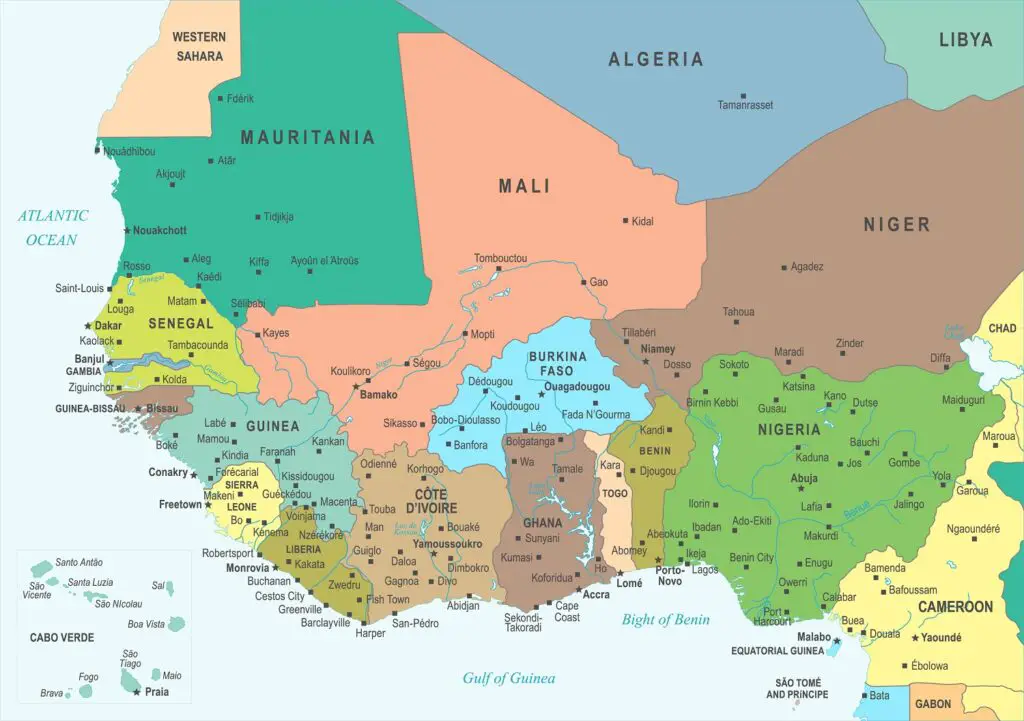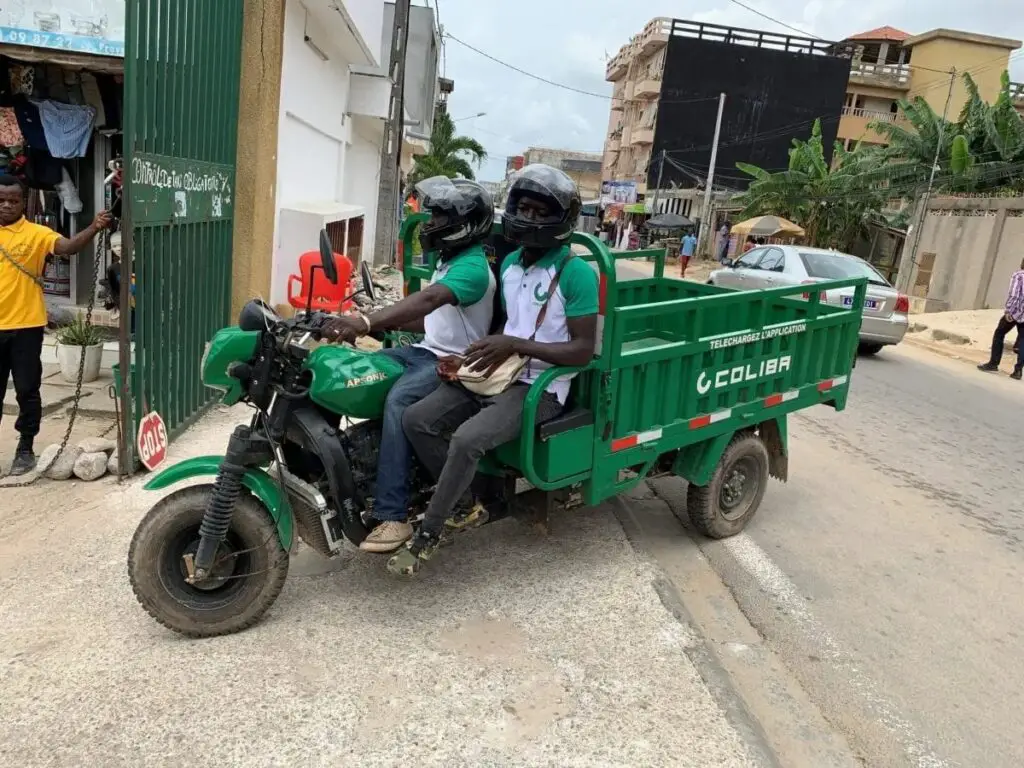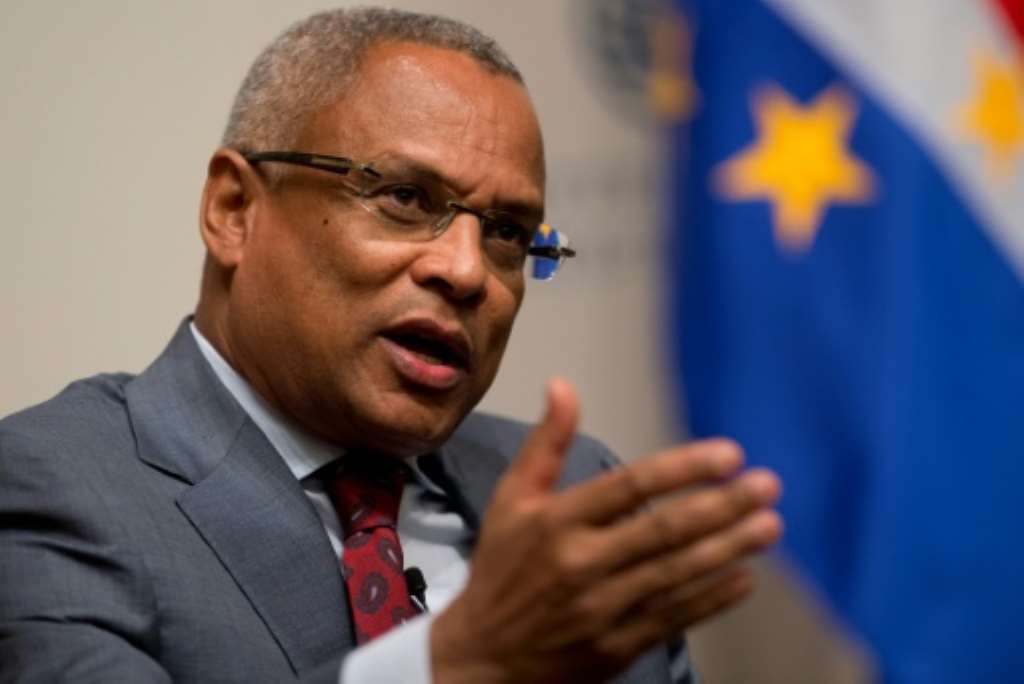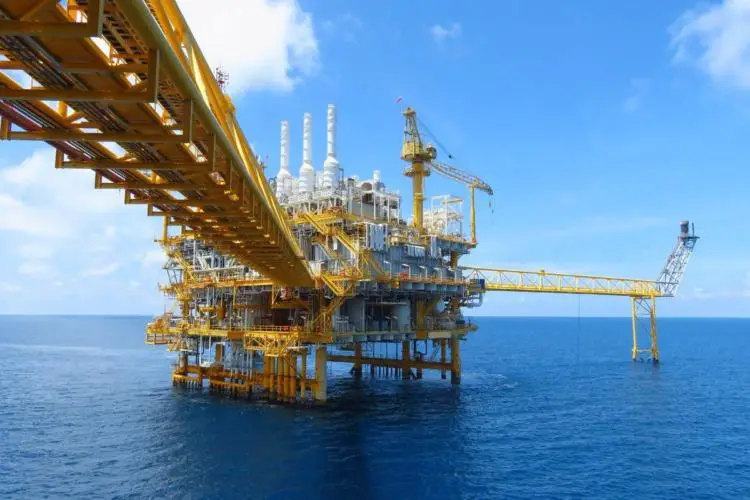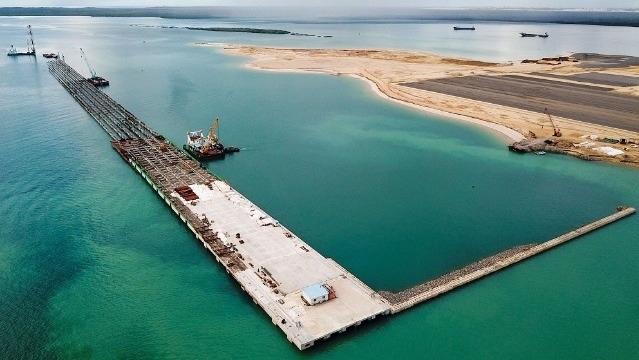- Africa’s new dawn: the rising role of digital and AI in agriculture
- Can Dangote Refinery Transform Africa Energy Ambition
- Gallup Survey: 80 per cent of Kenyan Workers Are Disengaged and Seek New Opportunities
- Madagascar Man Freed from 5KG Tumor After 15-Year Struggle
- How women in Africa are perceived and treated
- Sugar consumption in Kenya to Increase to 1.23 Million Tonnes
- Can Somalia and Turkey Oil deal Bring Change in Somaliland
- Remittances to Kenya dropped to $371.6 million in June, marking a six month low
Browsing: West Africa
The main objective of the bloc is to promote economic interdependence and cooperation among member states to raise the living standards and encourage economic development.
Exportation in Mali is already feeling the pressure of the political instability in the country. Exports reduced from CFA552.39 billion in the first quarter of 2021 to CFA495.87 billion in the second quarter.
Mali lists among the poorest nations in the world. According to the 2021 Index of Economic Freedom, absence of property protection rights and a transparent and honest judicial system, and the higher degree of corruption tolerance makes it impossible to achieve greater economic freedom in the country.…
Whether Nigeria and Ghana will abandon their digital currencies and jump on the Eco train is an unclear narrative, but it appears unlikely because of the significant investments put into them and the optimism by the governments to embrace digital transformations.
Nigeria had banned cryptocurrency transactions in February last year which increased the popularity of the eNaira as an alternative for cross-border trade and remittance inflows.
eNaira critics say that the solutions being offered by the digital currency are already existing in online banking and bank card transactions. …
- The number of acutely food insecure people in West and Central Africa has risen to a record high of 28 million people
- This is the largest number of people facing high acute food insecurity in West and Central Africa recorded since 2014
A new report has indicated that the number of acutely food insecure people in West and Central Africa has risen to a record high of 28 million people; days after Save the Children said more than 260,000 children may have died from extreme hunger or related diseases in East Africa.
According to the Food and Agriculture Organization of the United Nations (FAO) and the United Nations World Food Programme (WFP), West and Central Africa trends point toward a further deterioration if support to stem the spread of hunger is not increased.
Data by the two UN organizations indicate that in the Sahel and West Africa, 26 million people …
Based on a report by Disrupt Africa, funding for health tech startups in Africa jumped 257.7% from US$28.8m in 2019 to US$103m in 2020. These startups provide a wide range of services from scheduling medical consultations to telemedicine and digitalized imagery.
MaiSoin from Cote d’Ivoire uses a decentralized, gig-economy model, to facilitate the relationship between healthcare professionals and patients needing care at home or via telemedicine. In their first year of operations, they have had an average of 50% growth month over month and are already looking at potential expansions in the region.…
The country is nonetheless instituting economic reforms aimed at empowering the private sector and attracting foreign investment in abid to diversify the economy. Hopefully, this will create new jobs especially for the youth who are currently facing enormous unemployment in the wake of the pandemic due to the country’s reliance on tourism.
Notably, other than tourism, Cape Verde’s economy is very much service-oriented with commerce, transport, and public services accounting for three-fourths of the country’s GDP.
Since the country’s economy is heavily dependent on conditions in the eurozone countries, Cape Verde’s economic recovery is hinged on foreign aid as well as remittances. Currently, One UN is assisting Cape Verde to develop a national trade strategy designed to enhance its productive capacities.…
- Senegal´s gas discoveries have generated a great deal of hope among the country’s young population about future opportunities in the energy sector.
- The Greater Tortue Ahmeyim (GTA) LNG is the largest gas project currently underway in Senegal
- In the near future, Senegal will no longer be hampered by what had been up to now some of the highest energy costs in West Africa.
Senegal continues to grow its Oil and Gas industry since its first discoveries between 2014 and 2017 with so far, Gas and Oil reserves worth more than 1 billion barrels of oil and more than 40,000 billion cubic feet of gas having been unlocked in Senegal. The West African country is on the road to guaranteeing its citizens of energy security.
Natural Gas Projects
One of the single largest gas projects currently underway in Senegal is the Greater Tortue Ahmeyim (GTA) LNG gas project, located in offshore …
West Africa will fully adopt cleaner fuels and vehicles by January 1, 2025 in an effort to reduce air pollution across the region’s cities.
The deadline was set by the Economic Community of West African States (ECOWAS) during the African Refiners & Distributors Association (ARDA) 2021 Virtual Workshop Series.
According to ECOWAS Director of Energy Bayaornibe Dabire, the range of fuel specifications in the sub-region currently spans 50 Parts Per Million (PPM) sulphur in some countries to 10, 000 ppm in others.
ECOWAS directive
Speaking at the ARDA workshop series, Bayaornibe Dabire said the need for harmonisation led to the issuance of ECOWAS directive C/DIR.2/09/20 last year.
The directive covers exhaust gas and particulate emission limits for two-wheeled, light and heavy vehicles.
Any improvement in fuel specifications without alignment with vehicle emission limits, Dabire said, would not have the desired effect.
He emphasized that member states should prohibit the import …
It is indeed good news to the Petroleum and other Industry players after Muhammadu Buhari, Nigeria’s President finally appended his signature into law the Petroleum Industry Bill after twenty years of deliberation and revision.
The signing of this historic Petroleum Bill comes barely a month after the Petroleum Industry Bill (PIB) 2021 was voted by both chambers of the National Assembly.
After so many questions surrounded the bill after it was passed by the two houses, major one being whether the PIB was going to be the game changer for the industry, pending the President’s signature, it is now the proverbial saying of only time will tell after the President gave the bill a green light.
The new legislation which aims to Overhauling and transforming the Nigerian Oil and Gas is anticipated to drive investment in the sector by providing a framework for almost all aspects of oil and gas …
A Fair trade research study has revealed that over the past four years cocoa farmers household increased income in Ivory Coast has received a boosted earnings and lower incidences of extreme poverty as reported by Neill Barston.
This latest research comes amid key ongoing challenges within the region’s communities, which are facing significant downward pressures on crop prices impacting on communities earning capability.
Côte d’Ivoire is the world’s largest producer and exporter of cocoa beans. The Ivorian economy is largely dependent on the agricultural sector and about two-thirds of the population is engaged in this area. (https://spoonerberries.com/) However, this dependency causes the Ivorian economy to be highly sensitive to changes in the international prices of these products.
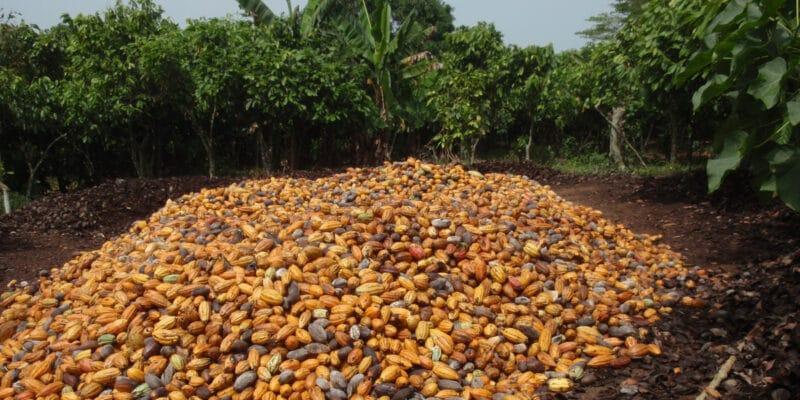
According to the Fairtrade’s research key analysis, the average annual Ivorian cocoa farmer household income grew from $2,670 in 2016/17 to $4,937 in 2020/21, an increase of 85% driven, in …
Some 11 sub-Saharan African (SSA) countries are currently at high risk of debt distress according to the latest debt sustainability analyses by the International Monetary Fund (IMF).
Already, six countries are in debt distress and the debt burden is worsening in the region where the public debt ratio to gross domestic product has surged to 65.6 per cent from 56.4 per cent pre-Covid-19 period.
A study conducted by the China-Africa Research Initiative (CARI) at Johns Hopkins University shows that there is a trend where African governments are mortgaging their natural resources to secure loans from China. This has often ignited debt distress when commodity prices collapse.
Read: Why do lenders want “COLLATERAL”?
This mortgaging of resource is referred to as collateralized sovereign debt. This is where a sovereign loan is secured by existing assets or future receipts owned by the borrowing government. The collateral could be commodities, future export revenues, …






